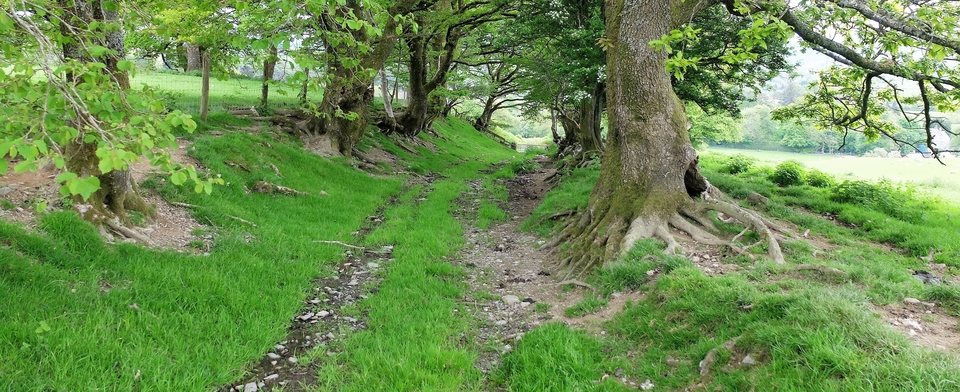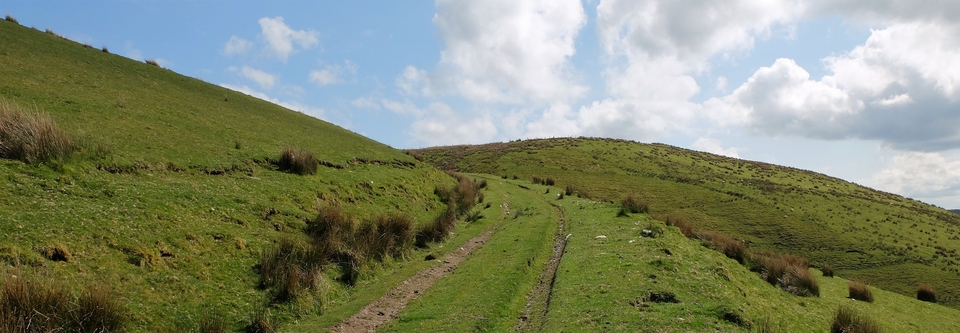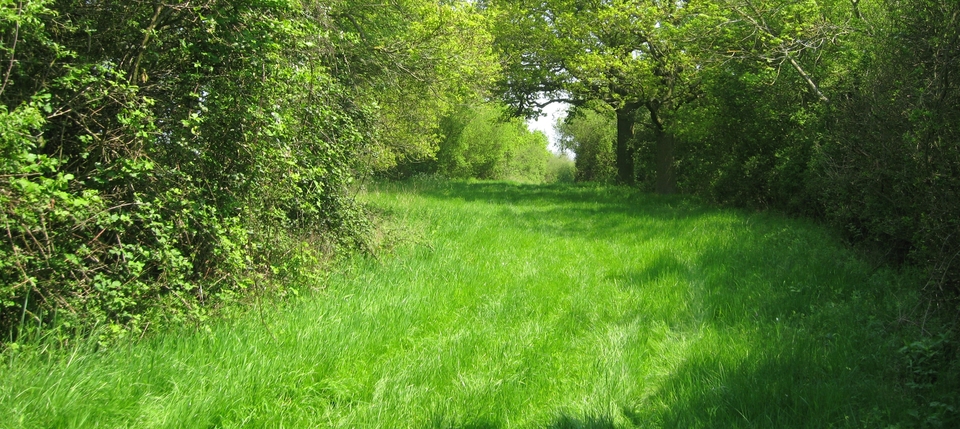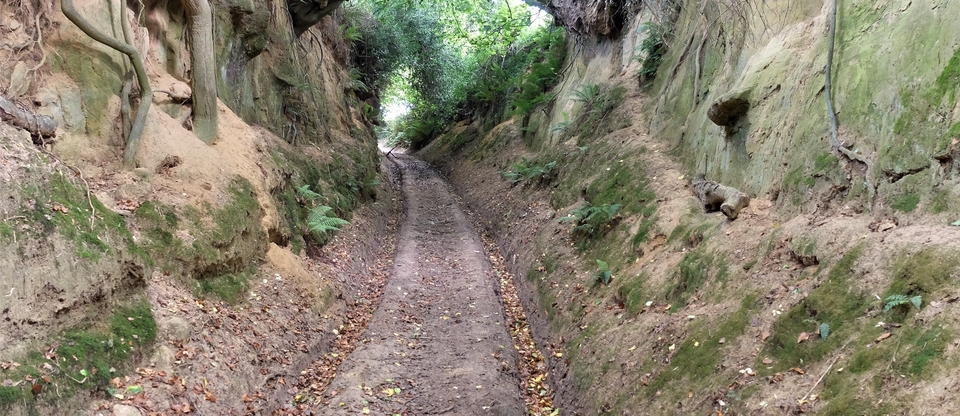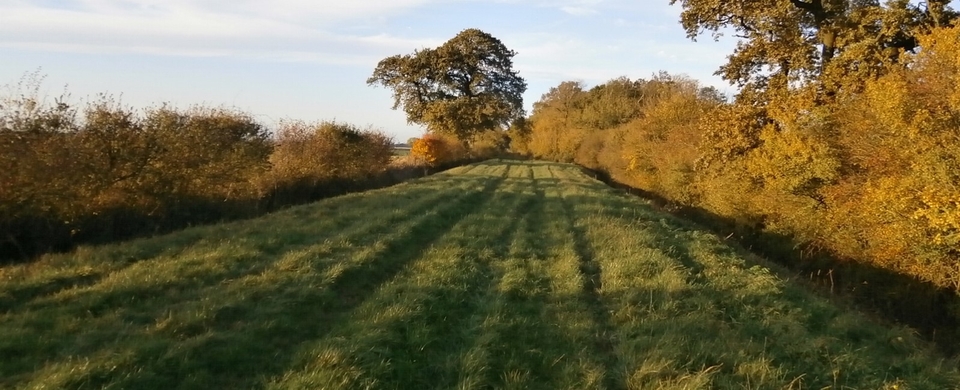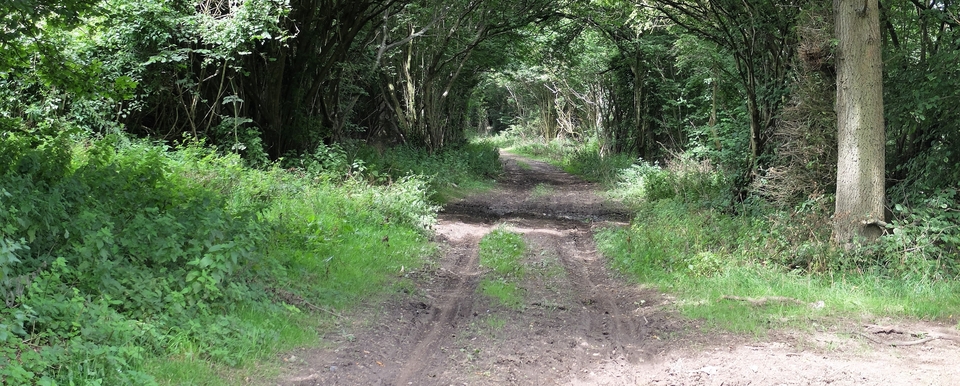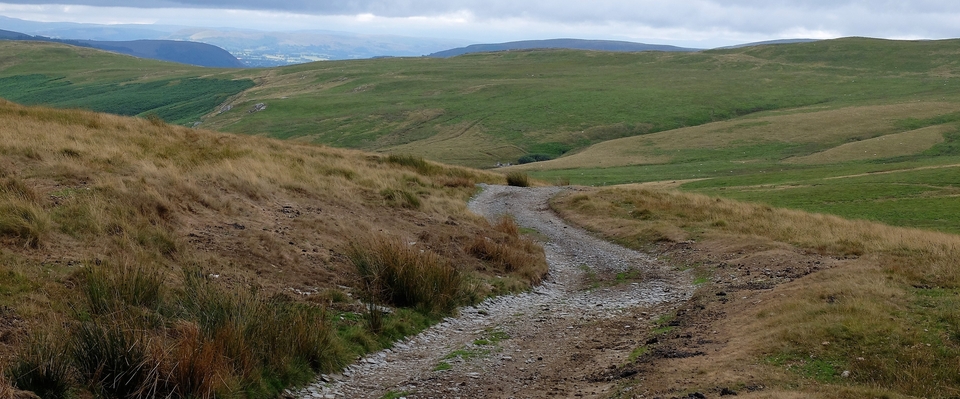Reputation (2)
The Reputation of Drovers…(2)
This is disputed hotly. Were they men with knowledge and skill who took their responsibilities seriously? Or were they unreliable drifters who drank and stole?
Probably the answer is somewhere in between, but the evidence for many of them being shiftless is quite strong:
- Folklore is against them: ‘Taffy was a Welshman, Taffy was a thief…' etc., and in Naseby, Northants, the five-note call of the woodpigeon was translated as ‘Take two cows, Taffy'!
- In 1617 they were described as ‘suspicious and base persons of evil name'; in 1750 as ‘hirsute, shaggy, unkempt and wild'; in 1840 as ‘semi-barbarous…driving their herds over all-comers – and shouting.'
- Legal history seems to be against them too: laws of Edward Vl's reign demanded that all drovers be over 30, married, of good reputation' because ‘most of those that walke about be Welchemen'. Moreover, drovers had to buy an annual licence; failure to wear it while droving cost them a fine of £5. And a law of Queen Anne forbade bankruptcy, to prevent the practice of feigning inability to pay because of ‘attacks by highwaymen'.
- In 1764 the big landowners from the Southern Counties (Pembs., Cards., Carms.) met in Carmarthen to decide how to deal with the fraudulent practices of drovers. As most tenant farmers relied on selling beef to pay rent, any malpractice would have affected the landowners.
(The first picture is from a book of costume,but is useful because it shows the licence, which had to be worn on the left arm. The letters SM mean it is valid for Smithfield Market only.)
But there's another side to the coin:
- Drovers were entrusted to take gold from Welsh mines to bullion dealers in London. In return they were allowed to share the profits (£5 an ounce) equally with the miners. The collection of taxes like Ship Money would have been impossible without drovers. They were also entrusted with rent-payments and letters.
- A description of an East Anglian drover in 1782 reads: “A man not worth £100 brings down [from Smithfield] £1,200… to be distributed amongst twenty or thirty persons [the graziers who had commissioned the drover to sell their beasts] who have no other security than his honesty for their money.”
- John Jones's grave in Epping Upland (see picture) shows a certain tenderness and respect. And David Jones of LLandovery founded the Black Ox Bank in 1799.
So: take your pick!
